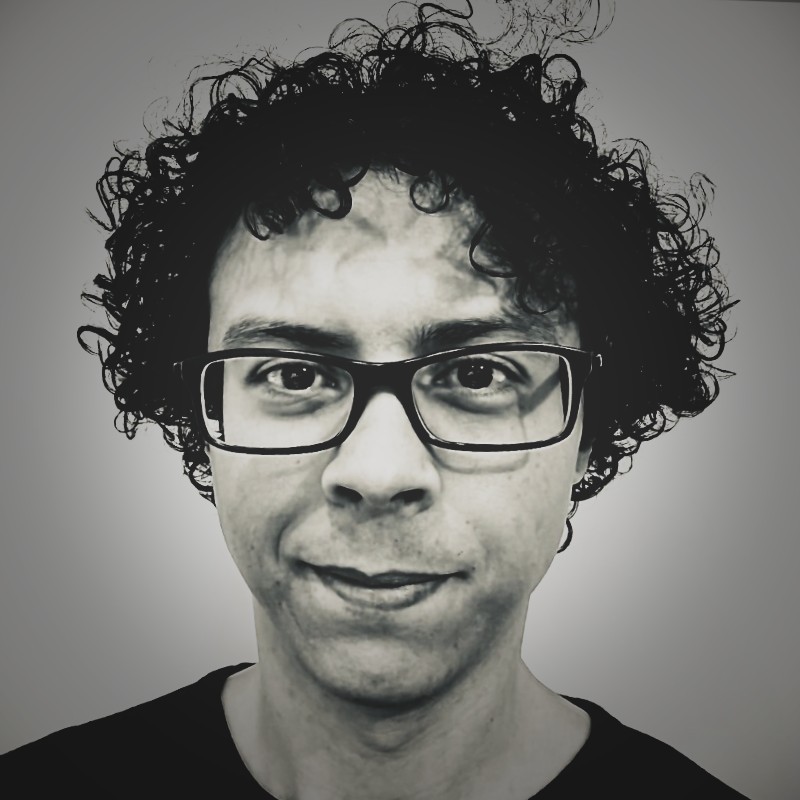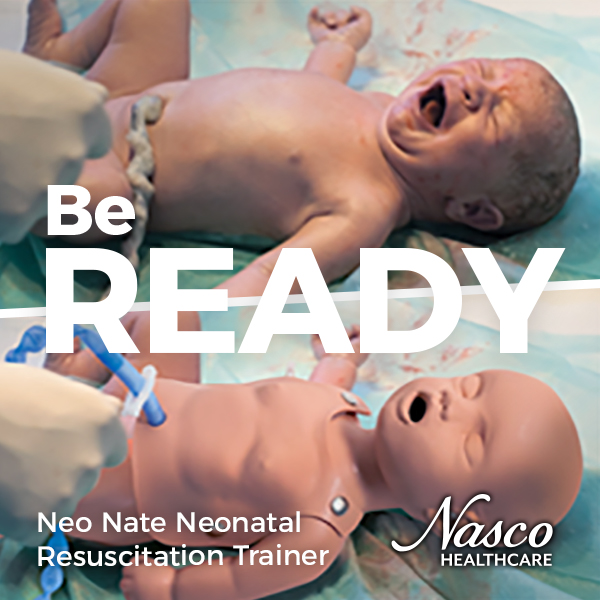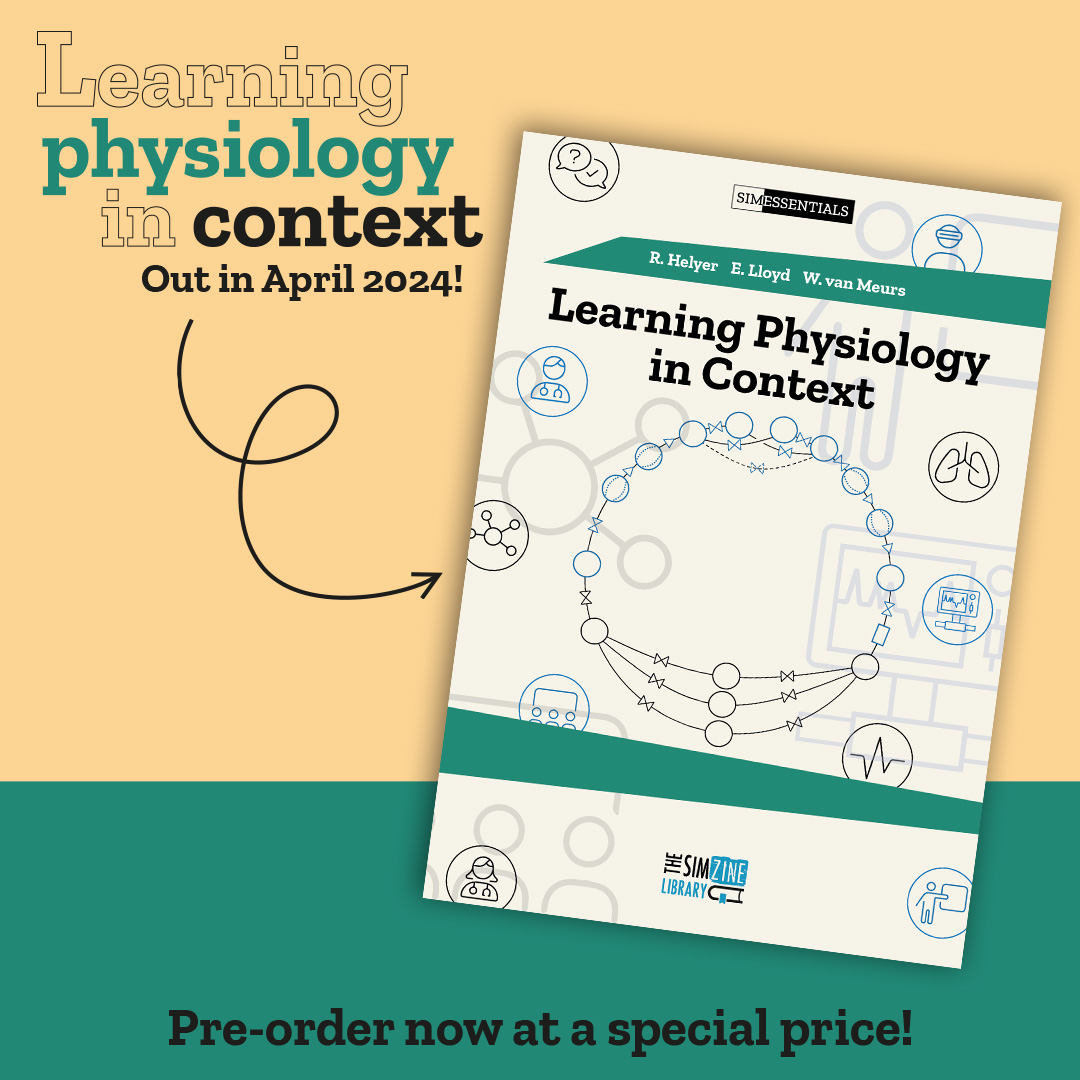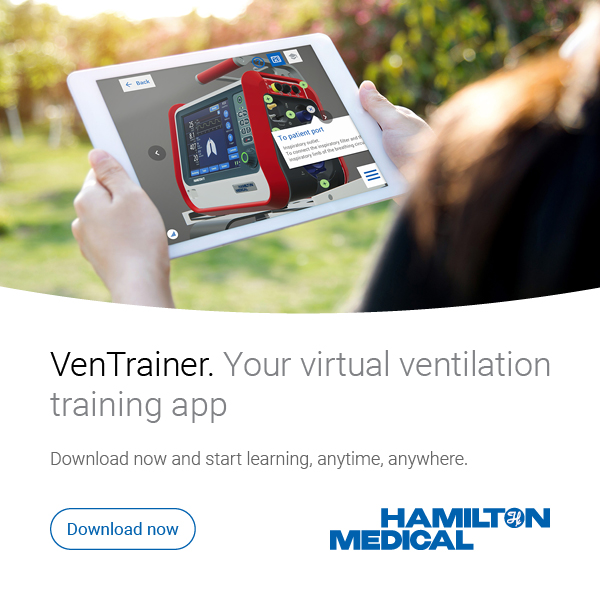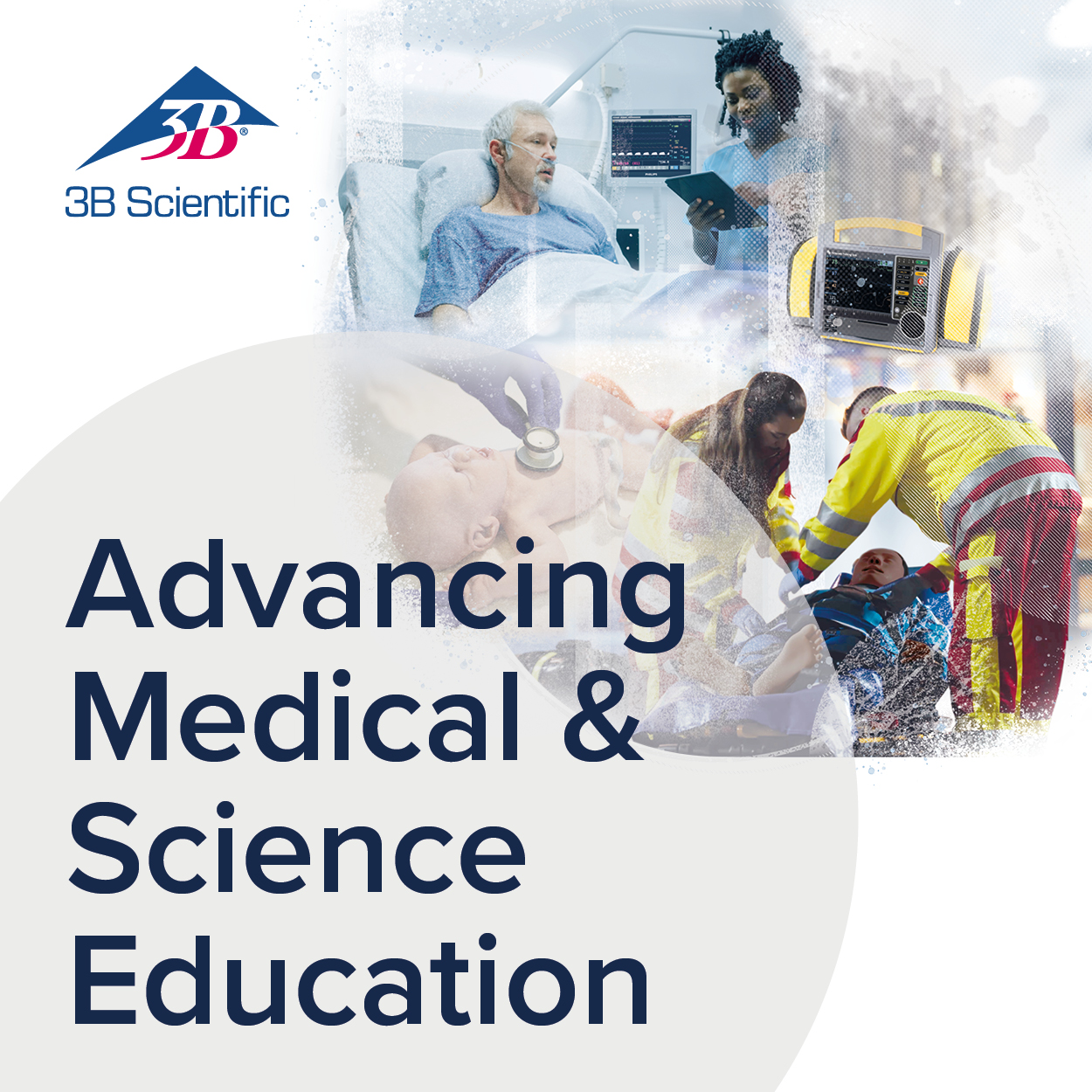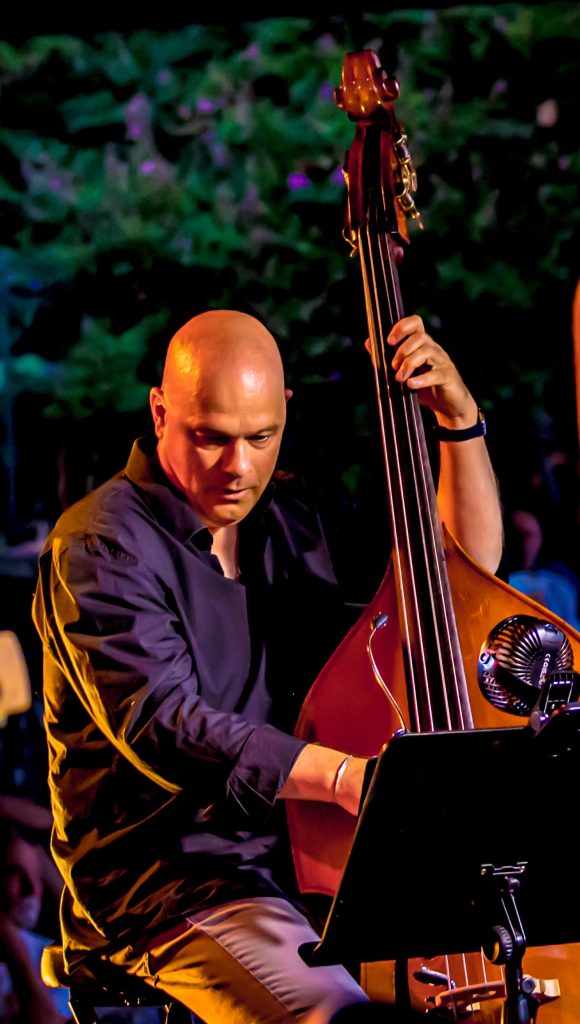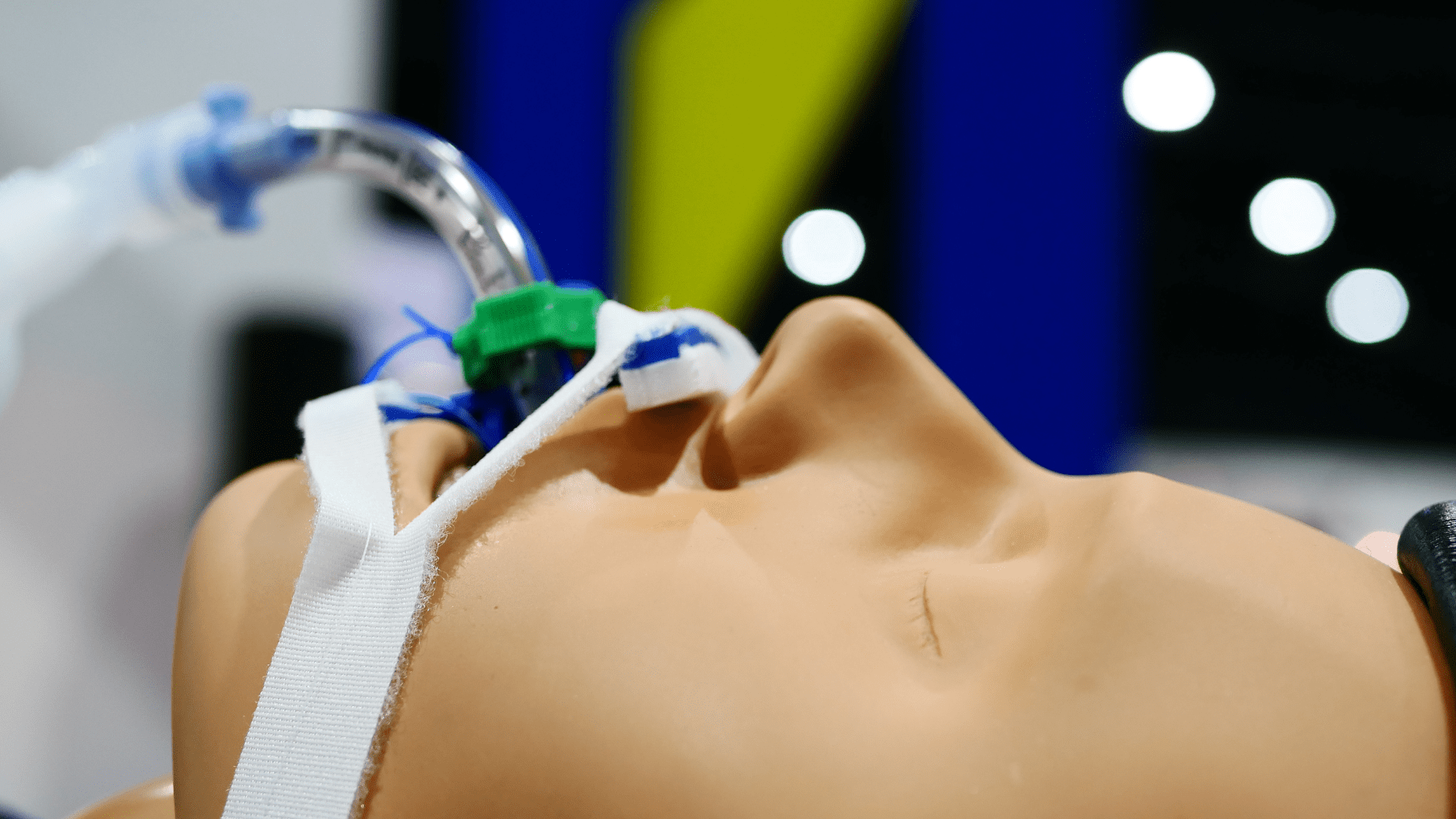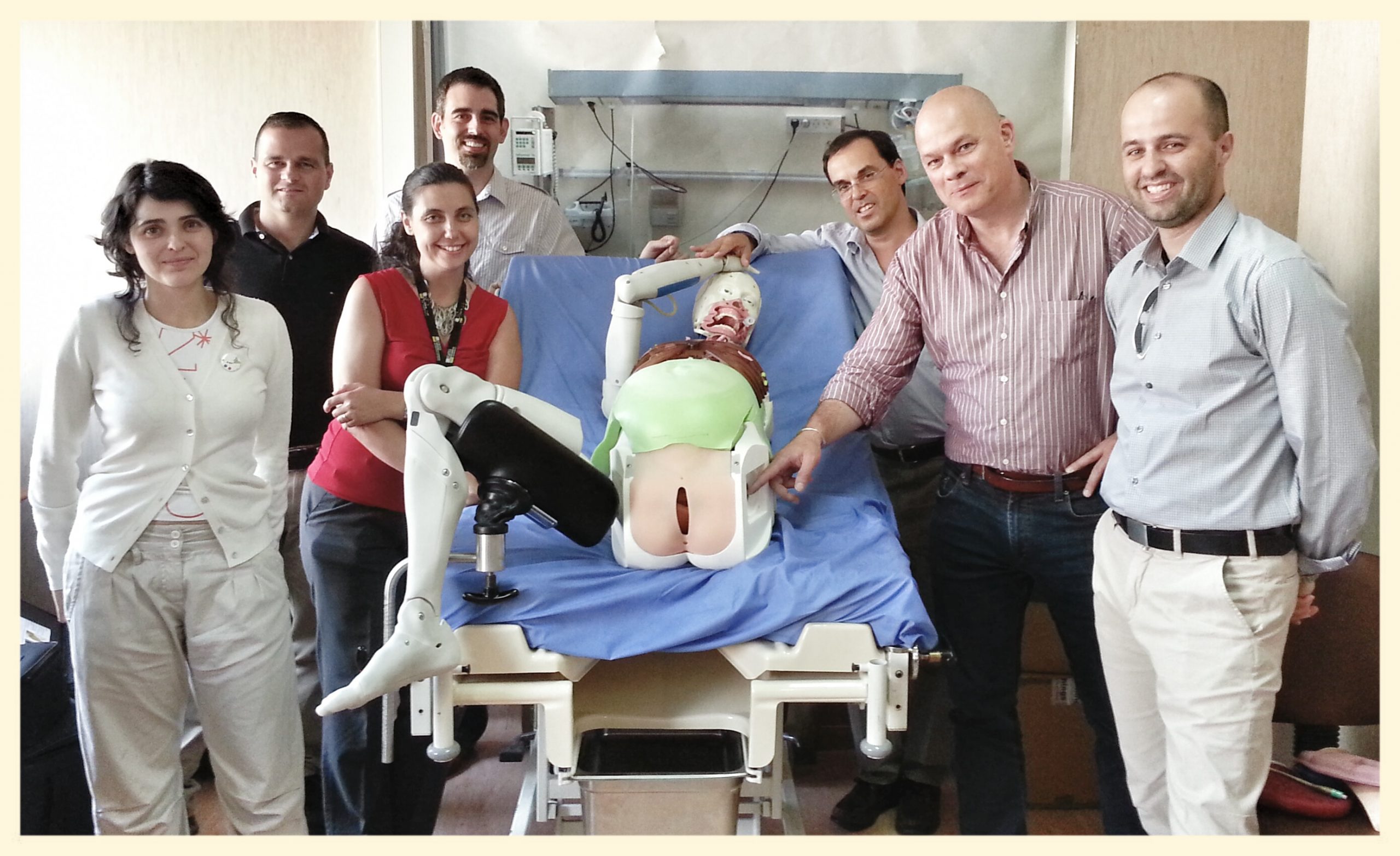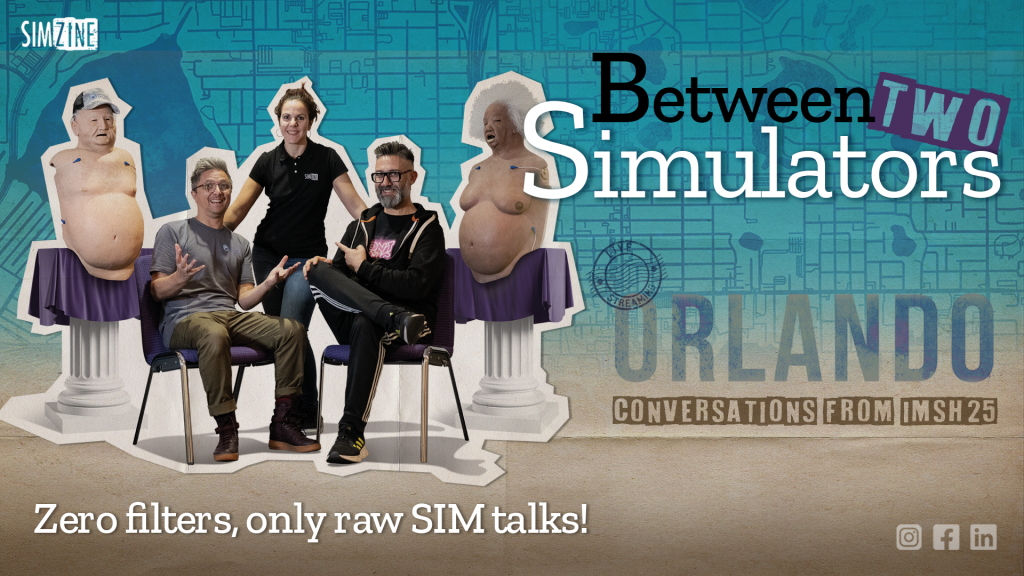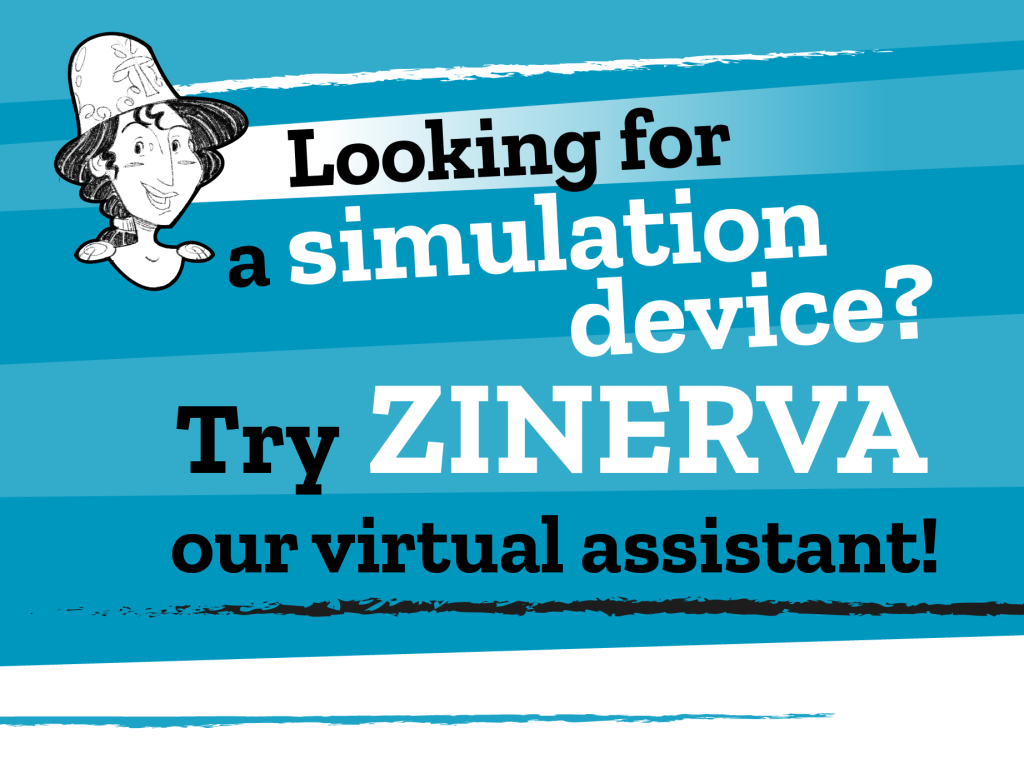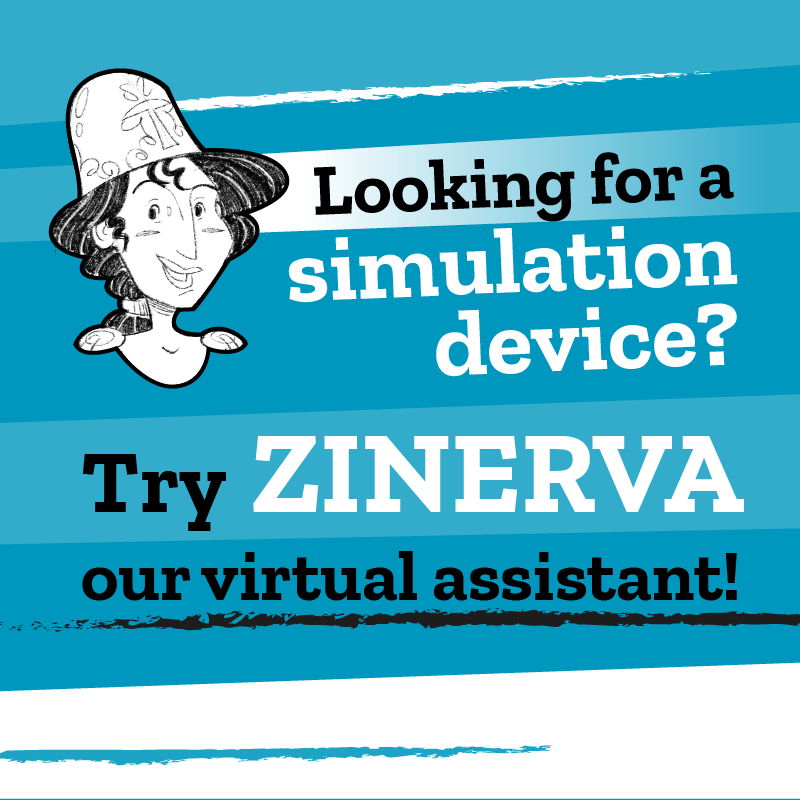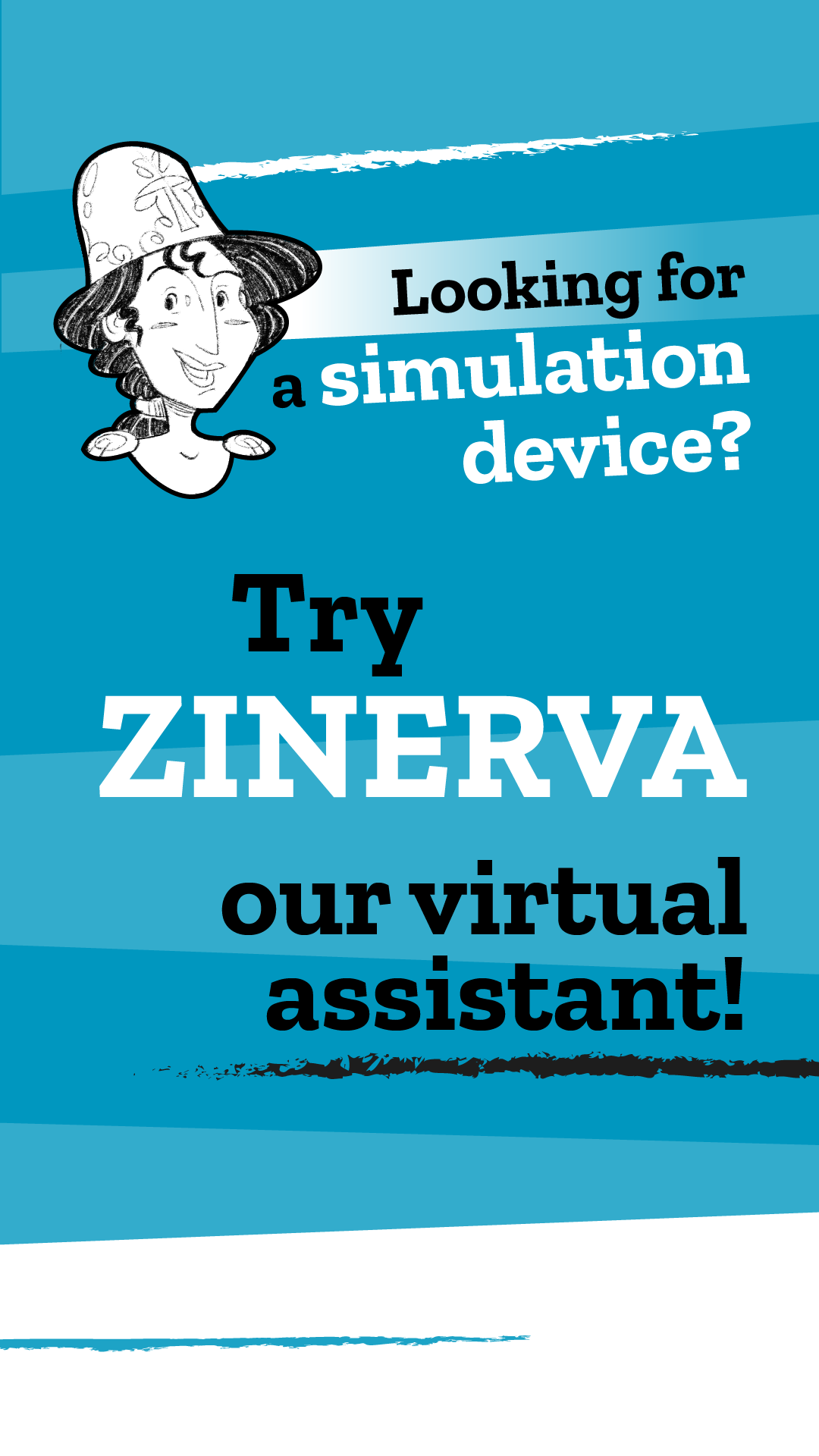Is a three-day ‘Train the trainer’ course enough to help these simulation programs to grow?
Have you ever been involved in a ‘Train the trainer’ course with amazing co-faculties and spent 3 great days with a motivated group that took the maximum from the experience? I have, many times: in my institution, with EuSim group, for businesses and on my own now. That is a delightful experience as a trainer and these moments make you feel a part of the simulation community, you play your role !
But, there is a but !!
At the same time, I had always felt frustrated not to participate more in the local simulation implementation process of these amazing teams. Here is my point: giving them the concepts, the anecdotes, the feedback during this short amount of time is always great, but it feels not enough, not sufficient to help these simulation programs to grow.
We sometimes hear from former learners that are now leaders in their institutions, but we cannot be active and helpful in that way.
My experience made me consider that the one-shot event is just a tiny part of the cake. You can teach, you can inspire the new generation of simulationists in those three days, but the enthusiasm stage is so short that you have got no leverage on the implementation phase of the simulation program. Another point is that future trainers will not be “safely” competent for their future learners with this one-shot experience.
All these future leaders in the simulation field need to be coached into the next step of their simulation experience. Sharing their curriculum, designing their center, writing scenarios, developing their faculties, etc… these are many tools that you cannot give in three days.
If we just think a moment about basic adult learning principles and deliberate practice (because they will become trainers of these topics!!!), how can you apply the mentorship in the long run, the repetition of the trainer skill, and the feedback with a one-shot course?
We have to discuss that for all our programs, online or face-to-face, beginner or advanced, private or public because the community of simulationists needs to be taught to be sustainable in the long term.
From “never the first time on a patient” to “never the first time on a learner” we need to bridge the gap and consider coaching (individual and teams) as a tool to achieve this goal.
READ ALSO


